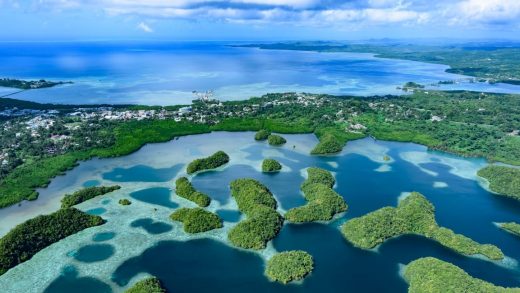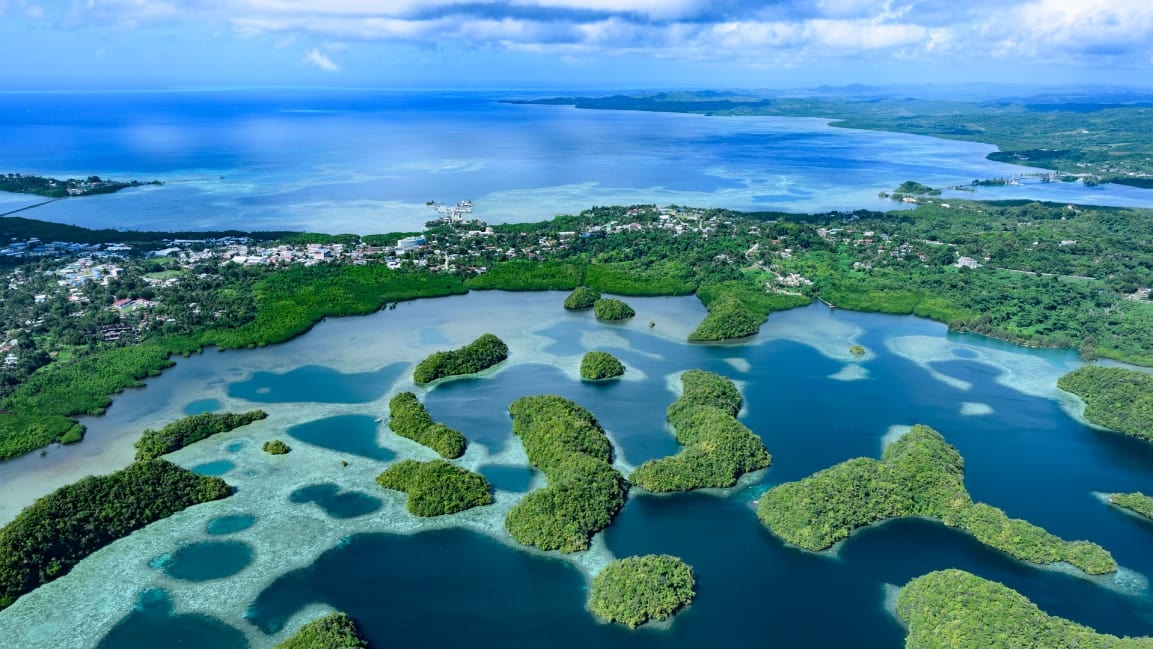The Pacific island nation of Palau just became the first country to ban reef-killing sunscreen
For a coral reef, a tiny amount of sunscreen–the equivalent of a drop of water in 6.5 Olympic-sized swimming pools–can be deadly. In the Pacific island nation of Palau, where the number of tourists in a year is around seven times larger than the local population, the sunscreen those tourists wear when they swim and snorkel is a big problem. Palau is now the first nation to ban sunscreens made with “reef-toxic” chemicals like oxybenzone, octinoxate, and triclosan.
Most sunscreens sold in the U.S. contain one of the 10 chemicals that are now banned in the country, but alternatives do exist. In Palau, any store selling one of the banned sunscreens after January 1 will be fined $1,000. If tourists try to bring the sunscreen in their luggage, it will be confiscated at customs.
A 2017 report found high levels of oxybenzone–presumably from sunscreen–in Jellyfish Lake, a pristine marine lake in Palau that draws throngs of tourists. The lake was closed for a year because jellyfish numbers were dropping. The problem led the government to create the new law, which follows a similar law passed in Hawaii in July.
Coral reefs face even bigger risks from climate change as oceans get hotter and more acidic, and Palau, which also faces the risk of rising sea levels, is leading on climate action. By the end of 2019, the country plans to shift from diesel power to solar–the fastest-ever shift to renewable electricity.
When tourists enter the country, customs officials stamp their passport with a mandatory pledge not to trash the island paradise. The new law also requires that tour operators give guests reusable bottles, straws, and food containers, in an attempt to avoid plastic pollution–another factor killing coral reefs.
“We have worked hard to cultivate a culture of environmental responsibility, to set a global standard for resource conservation, and to establish a legacy of cultural preservation,” Tommy Remengesau, president of Palau, wrote in a letter attached to the bill. “But as our reputation grows, and more and more people come to see our pristine paradise with their own eyes, we cannot relinquish our responsibility for these islands.”
(27)



